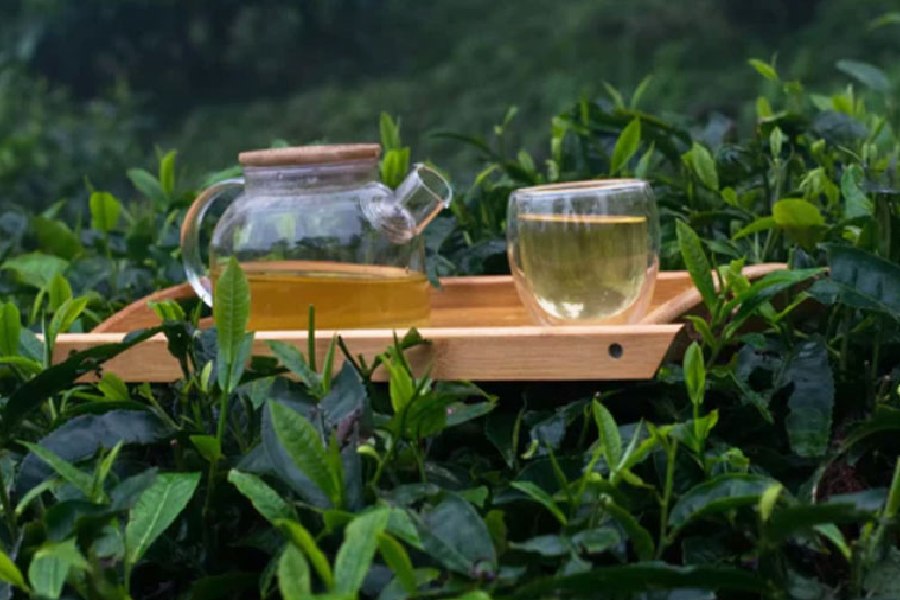Tea being imported to India for domestic consumption or re-export should be subject to the same test protocols for food safety as domestic teas, said the Indian Tea Association, the body of organised tea planters.
The association has been lobbying for better testing infrastructure in the country.
The observation comes on a day The Telegraph reported that former Parliamentarian Shanta Chhetri wrote to Prime Minister Narendra Modi and commerce minister Piyush Goyal questioning Tata Consumer Products’ alleged practice of blending Nepal tea in some of their consumers packs sold in India.
The present testing protocol allows testing for 33 chemicals in tea, according to the standards laid down by the Food Safety & Standard Authority of India (FSSAI).
However, the industry says the incidence of tests on domestic tea by the FSSAI or by the Tea Board is more prevalent than on imported tea, especially from Nepal.
“Any tea that is coming into the Indian market, even for re-export, should be subjected to the same testing protocol that the FSSAI has laid down for domestic tea,” Arijit Raha, secretary-general of ITA, told The Telegraph on Monday evening.
A section of executives blame the lack of infrastructure at the land border for low level of testing. However, that issue may be dealt with soon as a new testing lab is being set up at Panitanki in Bengal, the major entry point for Nepal tea to India.
While the FSSAI is in charge of testing at the border, the Tea Board is also empowered to test imported tea under the Tea Distribution and Export Control Order, 2005. It is also empowered under the Tea Marketing and Control Order, 2005 to test quality of tea in the domestic market.
Raha sought to allay apprehensions that tea sold in India is unsafe for human consumption. In a statement, the ITA said tests are done on a regular basis. The association, however, noted a need to create further testing infrastructure, including a testing mechanism for green leaf produced by small tea growers.
STG accounts for 50 per cent of Indian production and there have been concerns that the quality according to the FSSAI standards is often suspect.










